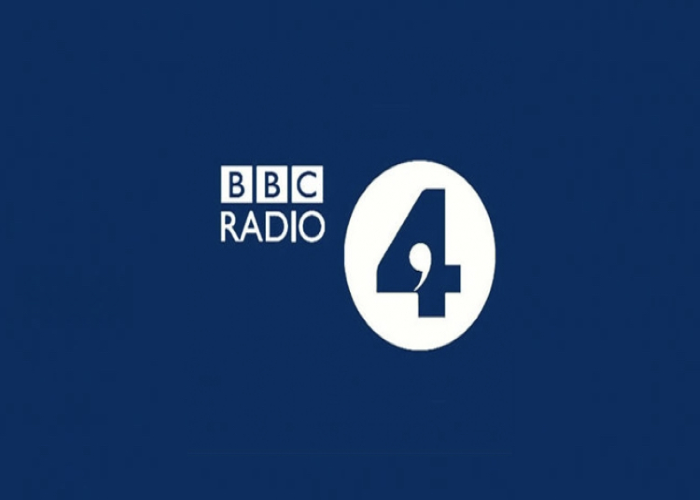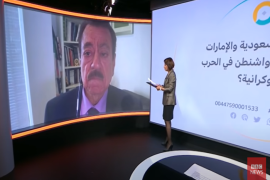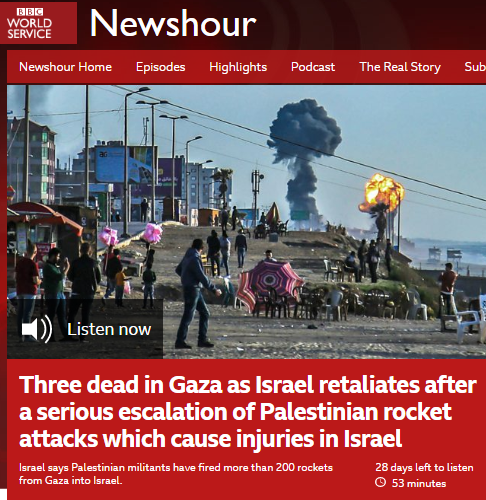The day after Lucy Dee died of wounds she sustained during the terror attack three days earlier in which two of her daughters were murdered, listeners to the April 11th edition of BBC Radio 4’s ‘Midnight News’ heard the following (from 05:33 here):
Newsreader: “A British-Israeli woman has died of her injuries three days after an attack in the occupied West Bank in which her two daughters were killed. Lucy Dee never regained consciousness after the shooting on Friday when a gunman fired at their car. Israeli troops are continuing to search for the attacker and have mounted raids across the West Bank in one of which a fifteen-year-old Palestinian was shot dead.”
The fifteen-year-old concerned, Mohammed Balhan, was shot in the Aqabat Jabr refugee camp near Jericho during an operation to detain a wanted man suspected of involvement in terror activities.
“The IDF said that during the operation “violent riots developed at several locations.”
“As the troops left, suspects hurled explosive devices and Molotov cocktails and opened fire at them,” the IDF said, adding that troops returned fire using live ammunition and low-caliber rounds from a Ruger rifle.”
According to statements provided by his father, it would appear that Mohammed Balhan, who may have been linked to a terrorist organisation, was taking part in the rioting at the time of his death.

However as we see, BBC Radio 4 promoted false equivalence between the deaths of three Israelis murdered in a terror attack – which, notably, was not described as such – and the death of a Palestinian apparently engaged in violent rioting during an unrelated counter-terrorism operation.
Later on April 11th, listeners to BBC Radio 4’s ‘Today’ programme heard an item (from 2:42:27 here) which was introduced by presenter Mishal Husain using promotion of the same false equivalence: [emphasis in italics in the original]
Husain: “Israeli forces have been searching for those responsible for the attack on a British-Israeli family in the occupied West Bank. The mother of the two girls killed died of her injuries yesterday. A fifteen-year-old Palestinian also died yesterday, killed while Israeli forces were in a Palestinian refugee camp near Jericho.”
Providing no further details, Husain then brought in the BBC’s international and Middle East editor Jeremy Bowen while promoting redundant linkage between the security situation and the ongoing protests by members of the Israeli public opposed to government proposals.
Husain: “Jeremy, these deaths, this violence, comes after a period when there have been significant political protests in Israel. How is all of that affected by these developments?”
Rather than clarifying that there is no connection between the two topics – as might be expected from the person whose job description includes “providing analysis that might make a complex story more comprehensive or comprehensible for the audience” – Bowen actually encouraged that redundant linkage.
Bowen: “[…] Sometimes people look at what goes on in Israel and what goes on in the West Bank – in the occupied territories – and think that it’s two different things but it’s not. It’s all related really in so many ways and it’s quite complicated but if you start from the…first of all one important thing to know is of course there’s this very long, unresolved conflict between Israel and the Palestinians and a very long occupation of Palestinians that, because it’s a military occupation and it denies them all kinds of rights, starting with independence which is something that they’ve wanted for a very long time.”
Bowen of course refrained from mentioning that over the past three-quarters of a century, Palestinians have repeatedly rejected initiatives that would have given them independence. He continued, promoting second hand claims supposedly made by “some analysts” whom he did not name, thereby denying listeners the ability to judge the relevance of their claims.
Bowen: “Now inside Israel itself there’ve been these protests at this very hard Right government led by Mr Netanyahu and analysts are now saying…some analysts are saying that there’s a blowback from Israel’s repressive policies in the occupied territories which over the years has empowered the hard Right inside Israel and that has led to this atomisation and this radicalisation on the Right. But in terms of, you know, the personal tragedies that happen, the attack on that family…ah…another young Palestinian teenager killed, I mean that doesn’t make it any better or more understandable for them. I mean the thing is that these awful conflicts and wars going on for generations are made up of hundreds of thousands…well actually thousands of acts of individual terrible cruelty.”
Husain went on to again promote false linkage between the security situation and the protests:
Husain: “But the…but those Israelis who were protesting against the Netanyahu government – and I know that there was that compromise when he put some of his plans on hold but then also there was to be a new national guard formed – do these protests go on in the face of…of the latest that has happened in East Jerusalem and in the occupied West Bank?”
Bowen: “Yes, I think the likelihood is that they will be. One thing will be next Saturday when we’ll see just how many protests go on. Netanyahu’s a canny political operator and he was really threatened by the opposition to his plans to change the way…various judicial reforms which caused a great deal of controversy and these big demonstrations. And the way that he’s actually put those plans on hold for a while, having made this agreement with the hard Right parties that sustain him in office, that make up his coalition, you know, you could say that he’s…it’s a gambit by him. He might be hoping to try and split the opposition against him, to take the momentum out of it. So it will be interesting to see whether they’re able to sustain the levels of commitment to these demonstrations that they have…that they’ve had now for weeks and weeks and weeks and weeks.”
Husain: “And it does seem as if the period since the beginning of the year, since this government came into power, has been especially tense but – I don’t mean the protests, I mean as far as Israeli-Palestinian violence is concerned – but then again, there was also an uptick last year.”
Husain’s mention of “last year” apparently refers to the Hamas incited violent rioting that took place on Temple Mount during Ramadan in April 2022. However, both she and Bowen carefully avoided the highly relevant topic of Hamas’ role in encouraging and facilitating the rise in terrorism that actually began in 2021.
Bowen: “Yeah there was. So I mean these things don’t come out of nowhere but certainly in this year you’re seeing in terms of just the casualty levels, the death toll, it’s higher than it normally is and that’s a sign, the depths of this long-term crisis. And also I think that the Israelis are using pretty tough tactics in the West Bank and as well as that, there are people who are out for revenge and reprisals on the Palestinian side, which is why you saw an innocent family driving down the road attacked and the car machine-gunned and that awful situation, those killings that happened.”
The perpetrator of the terror attack on the Dee family has not yet been apprehended and so nothing is known as yet about his identity and motives. Nevertheless, the BBC’s Middle East editor is obviously quite happy to have British audiences believe that the fatal point blank shooting of three female civilians was a “reprisal” for Israeli actions: in other words, that Israel is responsible for terror attacks against its citizens.
Throughout this four-and-a-half-minute item Husain and Bowen misinformed listeners by promoting redundant linkage between the security situation and the public protests in Israel and by suggesting false equivalence between victims of terrorism and rioters attacking troops carrying out a counter-terrorism operation. They did not however provide listeners with any information concerning Hamas’ ongoing efforts to destabilise the Palestinian Authority and its role in aggravating the current wave of violence.
Related Articles:
BBC INTERNATIONAL EDITOR TOUTS SIMPLISTIC ‘HOPES FOR PEACE’ NARRATIVE
BBC ERASES HAMAS INCITEMENT FROM REPORT ON TEMPLE MOUNT INCIDENT
AN UNHELPFUL BBC BACKGROUNDER ON ‘ISRAELI-PALESTINIAN VIOLENCE’
BBC WS AGAIN PROMOTES A PARTISAN NGO’S TALKING POINTS IN PROTESTS COVERAGE






These “lies by omission” reports by Husain and Bowen are a part of the BBC’s overall policy to further the aims of Hamas and Hezbollah – thus hopefully to destroy the State of Israel. The infiltration into the BBC’s Middle East office by Muslims and arabists was just part of a wider plan, encouraged by the BBC antisemitic heads, to use the BBC’s reputed “neutrality” to turn the world against everything that Israel represents. I feel sick when the BBC name is mentioned in conversation.